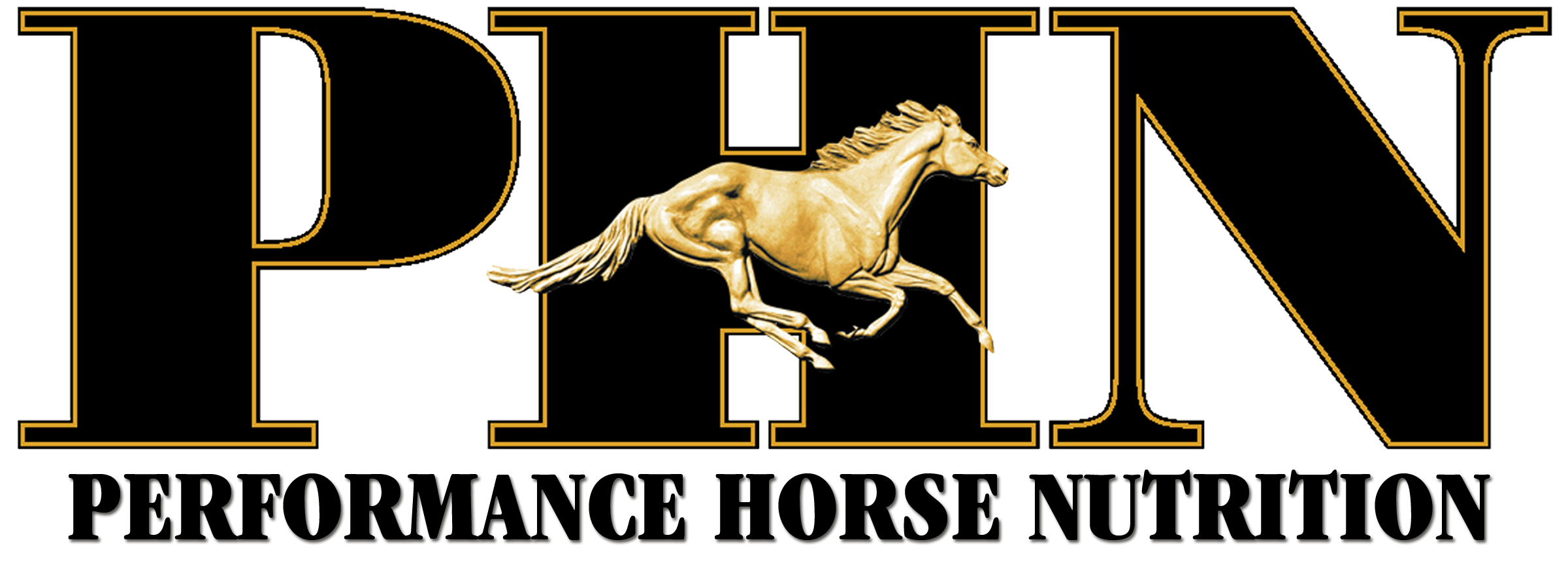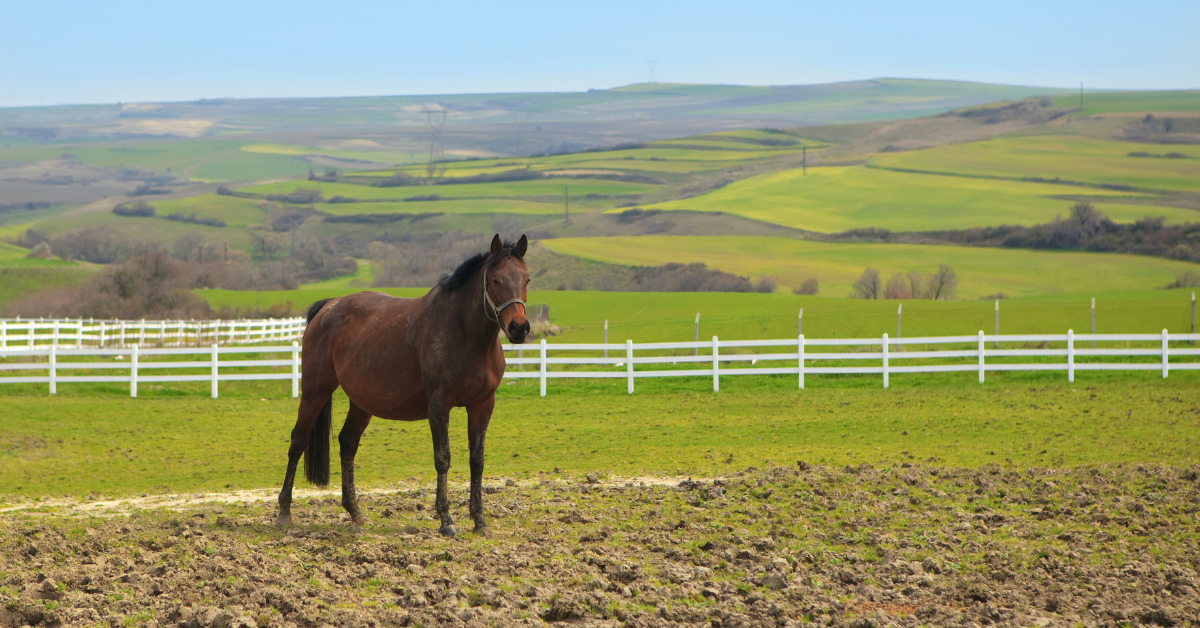RESEARCH:
REPRODUCTIVE PERFORMANCE
of fat vs. moderate conditioned mares
2021

Written by Performance Horse Nutrition
Will mares that are overweight have normal reproductive function? Obesity has been blamed for poor reproductive performance in both humans and animals.
A recent study conducted at Texas A&M University looked at reproductive function in mares following foaling. Each mare was scored for body condition using a 1-9 scale, with mares having low body condition scores being thin and those with the higher numbers being fatter. The mares used in this study were divided into two groups: moderate condition mares with a body condition score of 5 to 6 and fat mares with a body condition score of 7 to 8. The results of this study revealed no significant differences in average time from parturition (foaling) to foal heat ovulation (14.41±1.07 and 16.18±1.06 days), foal heat ovulation to second postpartum ovulation (22.91±1.07 and 24.33±0.93 days) and conception rates (91.67% and 83.33%) between the two groups. The results of this study indicate that mares maintained at a high level of body condition (body condition of 7 to 8) are not prone to reproductive dysfunction or lowered levels of fertility. This study is of value to the horse breeder since it gives an indication of the level of fatness a mare can have and still be reproductively efficient.
Reference: C. Cavinder et al., 2005
Reproductive parameters of fat vs moderately conditioned mares following parturition. 19th Equine Science Society Symposium, p. 65.
Body condition score pictures modified from: Japanese Feeding Standard For Horses
(1998).

